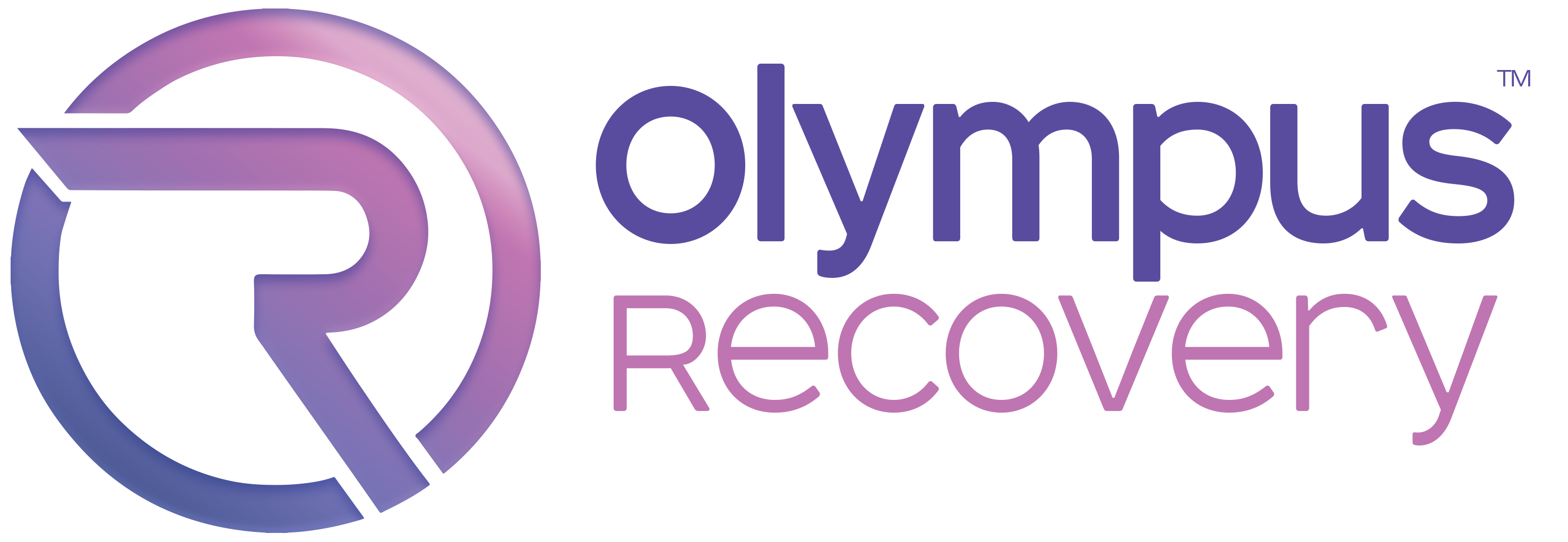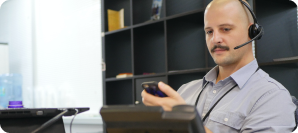You may have heard someone say that addiction is a disease, or maybe you heard them say addiction is not a disease. Is addiction a disease? That’s a question we set out to answer in this post, in addition to other frequently asked questions about addiction.
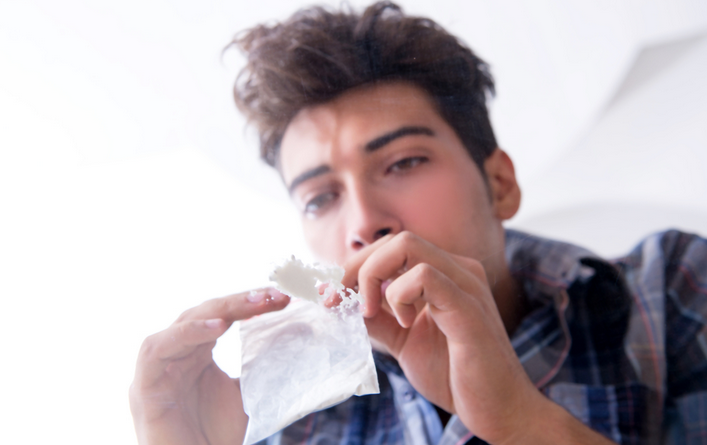
What Is Addiction?
When someone is addicted to drugs or alcohol, they’re known to have substance use disorder, which is a chronic brain disease that happens to people of all ages, genders, races, backgrounds, and socioeconomic classes. Nobody is immune from addiction.
As the addiction worsens, substance use becomes an uncontrollable habit that interferes with daily life and manifests as trouble at work, school, and home.
Worried that your habit has turned into an addiction? Olympus Recovery can help. We recognize the needs and experiences of each individual client, and our program was designed with that in mind. Know more about our Delray Beach rehab here
How Does Addiction Start?
Addiction usually starts out as curiosity or experimentation, whether from social pressure, people looking for an outlet to blow off some steam. People with mental disorders or who experienced trauma also have higher risk factors for developing an addiction. From there, substance use can escalate to social or regular use if they’re hanging out with people who regularly use.
After that, it generally moves to a problem or risk as the person starts ignoring the potential consequences of substance use and eventually develops into a full-on dependency in which the user engages in alcohol or drug abuse on a daily basis — usually multiple times per day — despite the negative consequences on their lives and the lives of their loved ones.
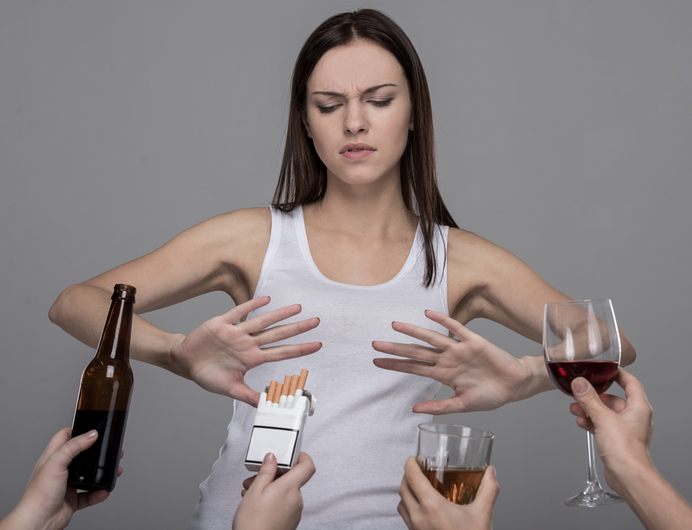
How Drug and Substance Use Changes the Brain
Addictions are chronic dysfunctions of the brain’s reward, motivation, and memory systems, rewiring the way these vital systems are structured and interfering with how nerve cells send, receive, and process information.
Our brain’s reward systems activate when we do something we enjoy, whether it’s eating a delicious piece of lasagna, going on a bike ride, or any other activity that releases dopamine — including using drugs and alcohol.
The thing about dopamine is that it makes us feel good, which causes us to want more, which teaches the brain to repeat the behavior. This is where triggers come in, and cravings are fueled. We’ve all had our mouths water when we smell mom’s cooking in anticipation of how amazing the food will taste. The same factors are at play when a smoker smells a cigarette off in the distance or a drug user sees someone on TV using.
As NIDA (National Institute on Drug Abuse) describes, when drugs are ingested, the brain releases a flood of dopamine — much higher levels than it does when you eat your favorite meal or take Sparky on a walk. This causes the brain to overreact and cut back on producing dopamine in order to bring it down to a normal level. As your drug misuse continues, the body produces less and less dopamine, and the things that used to naturally bring you pleasure, like your mom’s lasagna, spending time with loved ones, and even drugs, just don’t cut it anymore. This leads people to increase the amount and frequency of drug use just to feel normal. Depending on biological factors, the road to drug addiction can be faster for other people.
As the brain continues to change through repeated alcohol or drug use, the user will:
- Be increasingly incapable of staying away from the substance
- Be unable to stop or control their addictive behavior
- Demonstrate a lack of self-control
- Display an increased desire for the substance
- Dismiss how their increased desire for the drug may be interfering with their daily life and relationships
- Develop co-occurring mental disorders
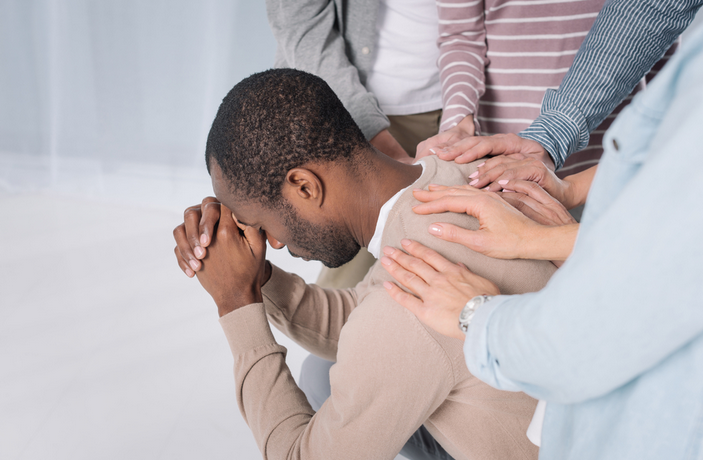
How to Overcome Addiction
According to the disease model of addiction, addiction is indeed a disease. The good news is that, like most diseases, addiction can be treated. The path to recovery is not easy, but it is possible, and you don’t have to go at it alone. Some ways to overcome addiction that have been proven effective include:
Psychotherapy
Psychotherapy and other behavior-based therapies are great ways to teach coping skills, help people who are addicted to drugs or alcohol develop new behavioral patterns and change their underlying thoughts that are contributing to addiction. Some common types of psychotherapy include:
- Cognitive behavioral therapy (CBT) is a type of therapy focused on identifying and changing the thoughts and behaviors that are causing the addiction. According to the Diagnostic and Statistical Manual of Mental Disorders, CBT has been proven effective in helping people overcome all different types of addiction.
- Mindfulness also aims to resolve underlying mental illness, like anxiety and depression, that are continuing to the addiction.
- Family therapy is especially helpful for teens and young adults, as it focuses on getting the whole family involved in the recovery. Through these sessions, family members can discuss problems and tackle family history with a professional.
Medications
Certain addiction medicine can help treat withdrawal symptoms to help keep people in treatment and prevent relapse. These medications are best suited for people under medical surveillance, and it’s important that each person speaks to a healthcare provider to find the right MAT programs in Florida that will work best for them.
Managing Symptoms of Withdrawal
Oftentimes, people have every intention of getting out of their substance abuse problem, but the withdrawal symptoms are so severe that they push them back into drug abuse in order to cope. These symptoms include flu-like symptoms, physical pain, nausea, and they can often be life-threatening. Detoxification programs are excellent, medically supervised ways to safely go through withdrawal while managing the nefarious side effects of coming off long-term drug or alcohol addiction.
We understand that sometimes the first step to getting help can seem overwhelming — dealing with admissions and figuring out how you’re going to pay. Our team is here to help you through the entire process and make it as organized and stress-free as possible. Browse our admissions information here.

Olympus Recovery Can Help
If you or a loved one is struggling with addiction, Olympus Recovery is here for you. Our team of dedicated, empathetic, and skilled treatment professionals treats addiction and the underlying issues that fuel it. We recognize the needs and experiences of each individual client, and our program was designed with that in mind. We offer PHP rehab and intensive outpatient rehab in Florida to help you recover from alcohol or drug addiction. Contact us today to learn more.
